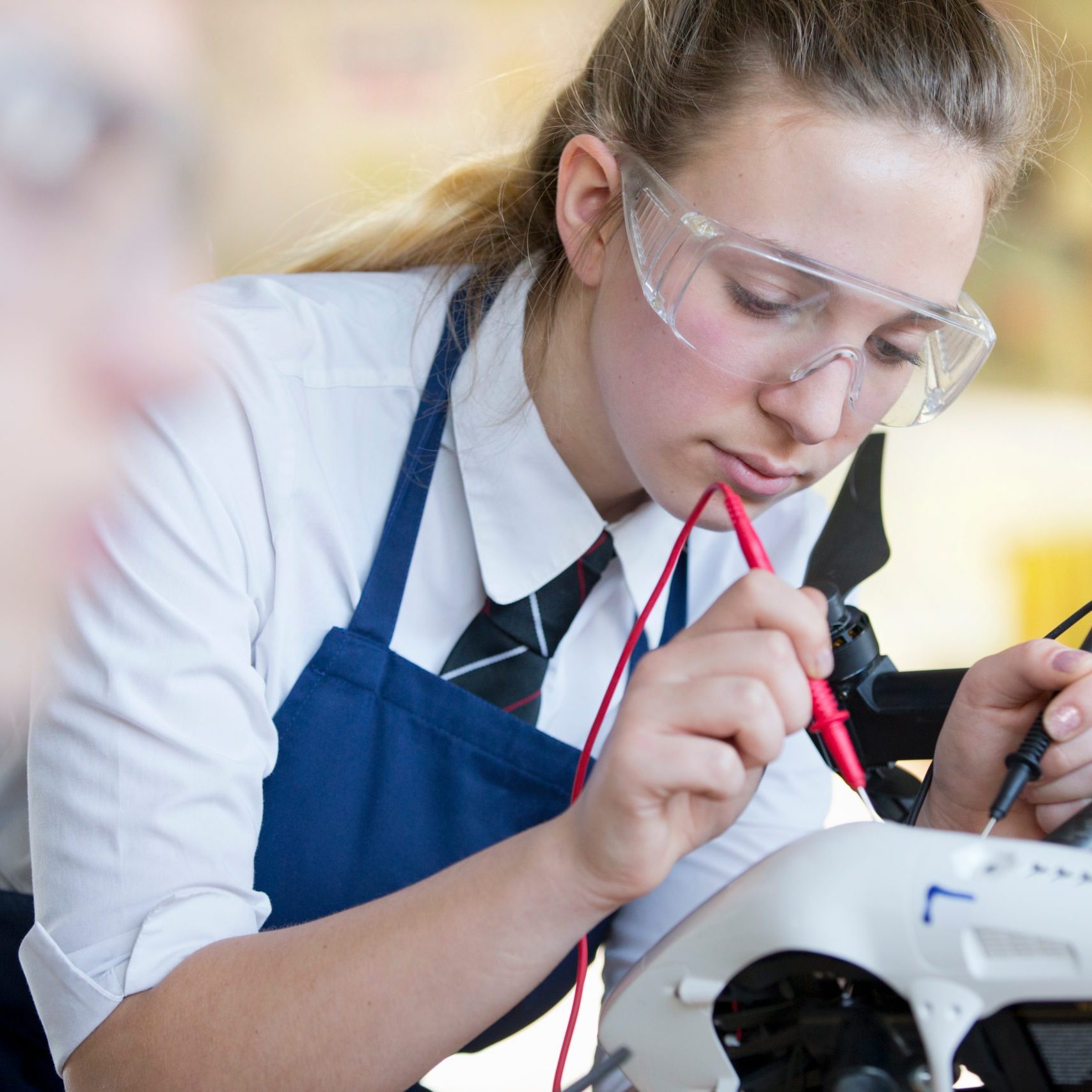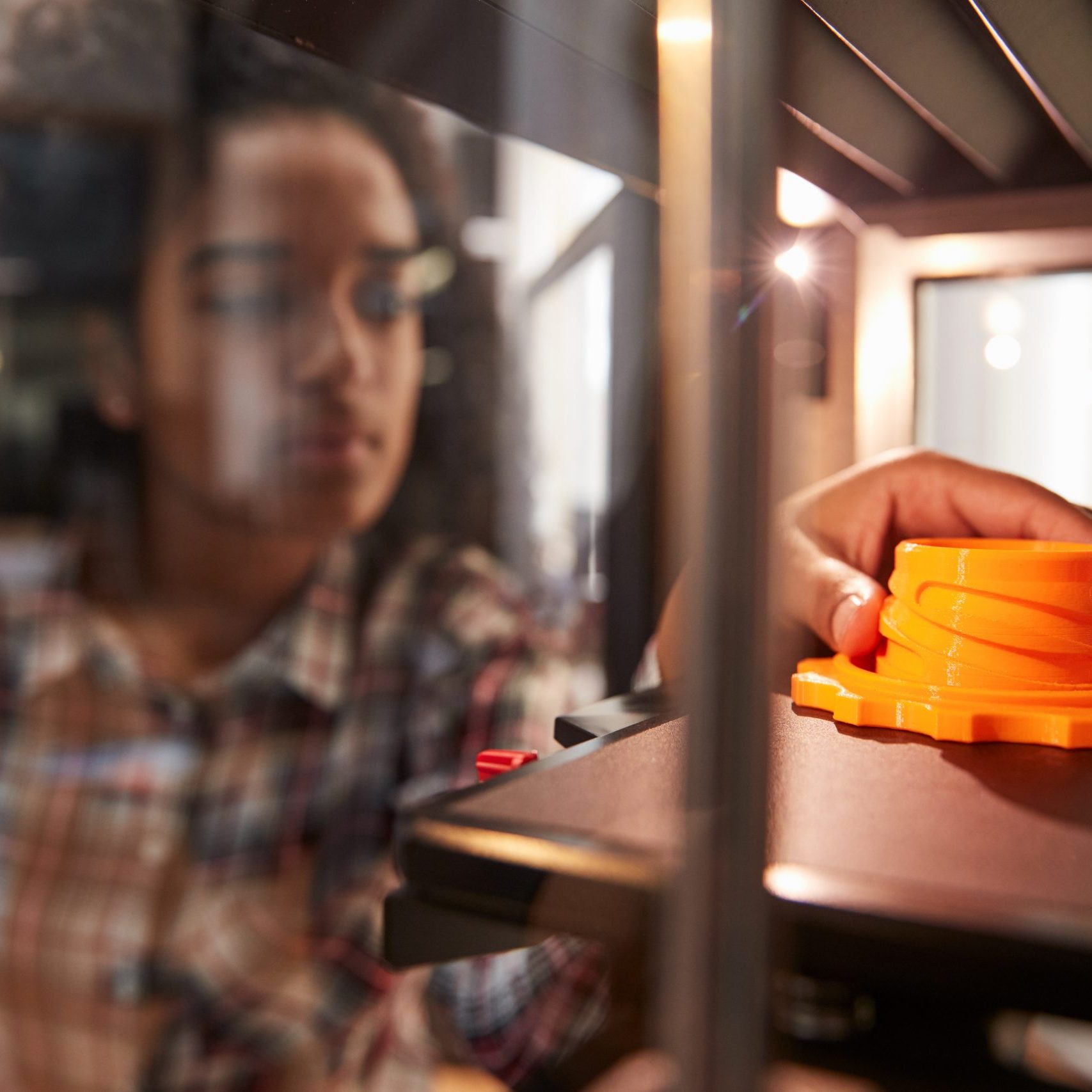Pedagogical analysis around the world is filled with a variety of critiques on the balance between the learning of knowledge and the learning of skills, where polarised views are often pitched against each other. In real terms within our education systems, is it this black and white? Is it one or the other?
The answer is not simple and is a balance between the two which flexes in different contexts and situations. But rather than tackling this directly, let us consider the importance of the skills themselves, what we mean by skills, and then explore how a skills-versus-knowledge balance might work.




